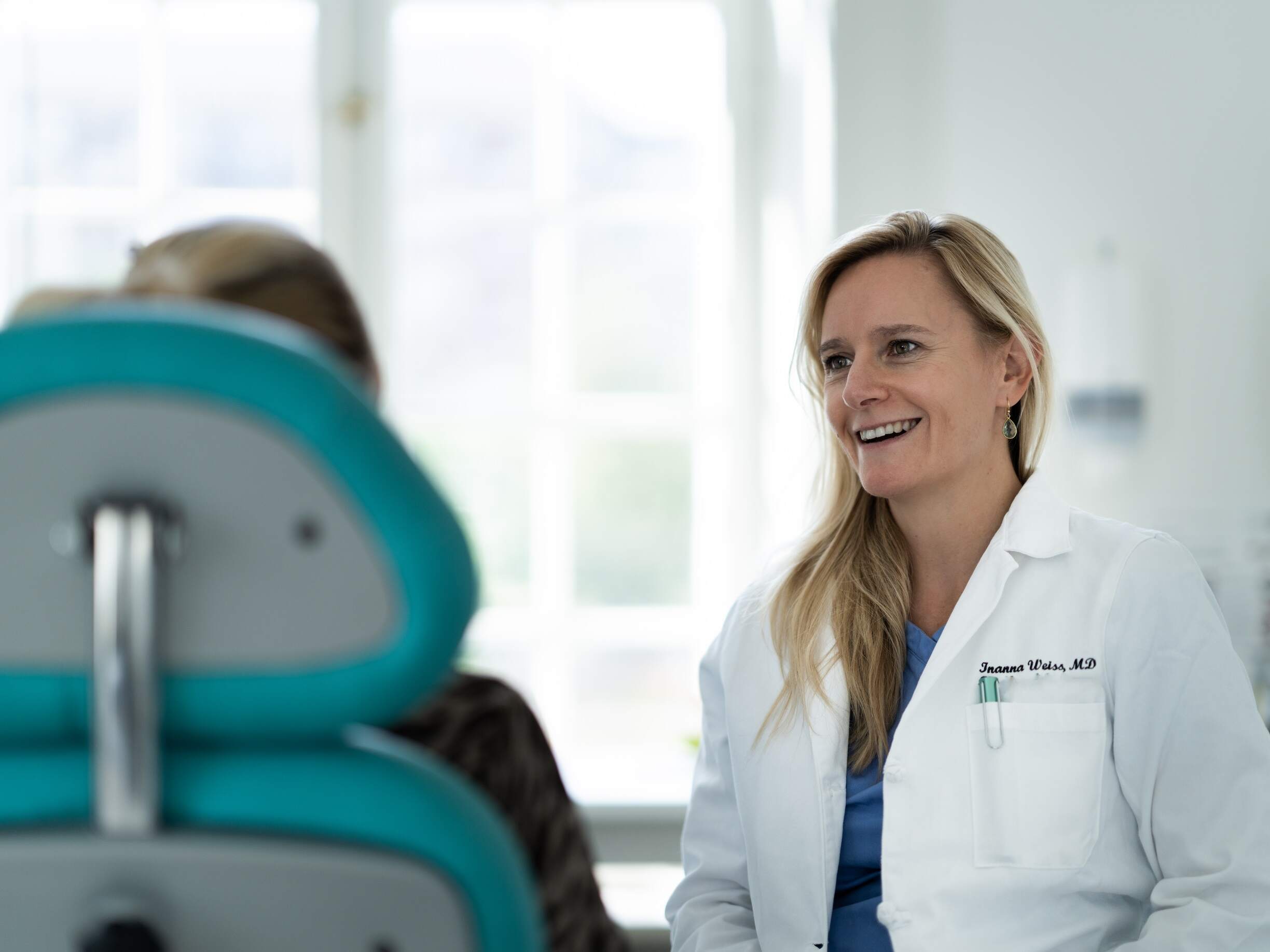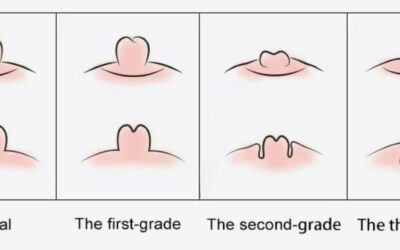Skin cancer is one of the most common cancers in the world, and early detection and effective treatment are key to successfully fighting this disease.
Among the many treatment options, Mohs surgery, also known as margin controlled surgery, plays a prominent role due to its high success rate and ability to precisely remove the cancer cells with minimal risk of recurrence.
Below, we’ll dive into why Mohs surgery is considered the best treatment method for certain types of skin cancer, including basal cell and squamous cell carcinoma, and how it differs from other common treatments.
What is Mohs surgery?
Mohs surgery is a highly specialized treatment method for skin cancer that involves layer-by-layer removal of cancerous tissue while simultaneously microscopically examining the tissue to ensure that all cancer cells have been removed.
This technique minimizes damage to surrounding healthy tissue and ensures almost 100% removal of cancer cells, making it an ideal solution for cancers such as basal cell and squamous cell carcinoma, especially when they appear on the face or other cosmetically or functionally important areas.
Benefits of Mohs surgery
- Precision and efficiency: Mohs surgery allows the surgeon to be extremely precise in removing only the cancerous cells, preserving as much healthy tissue as possible.
- High success rate: With a
almost 100% efficacy rate
for the removal of basal cell and squamous cell cancer, Mohs surgery is the most successful treatment option available. - Reduced risk of recurrence: This method minimizes the risk of the cancer returning compared to other treatments.
- Instant results: Patients can often confirm that all cancerous tissue has been removed on the day of treatment, reducing the need for further treatments.
Comparing treatment options for skin cancer
When faced with treating skin cancer, it’s important to understand the different approaches and their effectiveness. Mohs surgery has proven to be an excellent method, especially for basal cell and squamous cell cancers, but you may want to compare this method with other treatment options such as traditional excision, imiquimod (Aldara), photodynamic therapy and radiation therapy to get a complete picture of what might be best for each patient.
Here is an overview of some of the most commonly used treatment methods:
- Mohs surgery offers the highest success rate for both new and recurrent cases of basal cell and squamous cell cancer, with up to 99% for new cases and up to 94% for recurrent cases. This method involves removing skin layer by layer and immediate microscopic examination to ensure all cancer cells are removed while preserving as much healthy tissue as possible.
Traditional excision
removes the cancerous area plus an area of surrounding healthy tissue as a safety margin, but it does not offer the same immediate confirmation of complete cancer removal.- Imiquimod is a topical treatment that stimulates the body’s own immune system to fight cancer cells. It is most effective for superficial forms of basal cell carcinoma and offers a good cosmetic outcome, but with a higher recurrence rate compared to Mohs surgery.
- Photodynamic therapy (PDT ) uses light-activated drugs to destroy cancer cells. PDT can be effective for superficial skin cancers and also offers good cosmetic results. However, it is less effective for deeper or more aggressive forms of skin cancer compared to Mohs surgery.
- Radiation therapy is often used for patients who are not candidates for surgery or where the cancer is in a location where surgery would cause too much damage. It can be effective, but carries a risk of side effects such as scarring and radiation damage to healthy tissue. For basal cell carcinoma, radiotherapy can result in a higher recurrence rate than Mohs surgery.
The choice of treatment depends on several factors, including the type, size and location of the skin cancer and whether it is a new or recurrent case.
Mohs surgery offers a high success rate with minimal tissue loss, making it the preferred method for us, especially for facial cancer and other sensitive areas. However, it is important to discuss all available treatment options with a qualified healthcare provider to find the best plan for the individual’s needs and situation.

Personalized approach to skin cancer treatment
One of the most significant benefits of Mohs surgery is its ability to customize treatment to each patient’s unique situation. Every case of skin cancer is different, and this method allows us doctors to design a treatment plan that addresses the specific type of cancer, its location and the patient’s overall health.
This tailored approach ensures that you as a patient receive the most effective treatment with the best cosmetic results possible.
Prevention and aftercare
While Mohs surgery offers an effective solution for those already diagnosed with skin cancer, prevention and aftercare are equally important. Patient education on sun protection, regular skin checks, and early intervention at signs of skin changes can significantly reduce the risk of skin cancer or catch it in the early stages when it is easiest to treat.
After a successful Mohs surgery, following up and maintaining skin health is also crucial to minimize the risk of future skin problems.
The importance of full body examination and skin check
To fight skin cancer effectively, early detection is crucial. Regular full body examinations and skin checks allow for early identification of suspicious skin changes that could be signs of skin cancer. These procedures are especially important for people at high risk of skin cancer, such as those with fair skin, history of sun damage or a family history of skin cancer.
Conclusion: Is Mohs surgery the most effective treatment for skin cancer?
Mohs surgery offers a revolutionary approach in the treatment of certain types of skin cancer. With its high success rate, precision, and ability to minimize damage to surrounding tissue, it’s clear why this method is preferred by many patients and doctors. It’s important to remember that early detection through full body exams and skin checks plays a critical role in the successful treatment of skin cancer.
If you are considering Mohs surgery or have any questions about skin cancer, you are more than welcome to contact us here at the clinic via this link.


